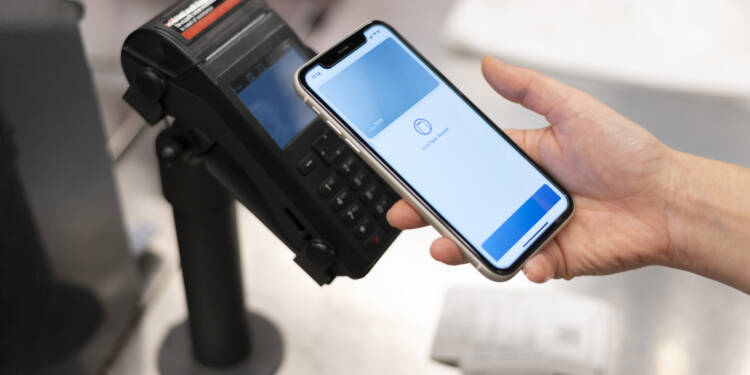When Satoshi Nakamoto mined the first Bitcoin in 2009, there were those who thought it would change the world. Granted, they numbered a few dozen techno geeks. The other seven odd billion people in the world thought crypto was an interesting idea that was unlikely to go anywhere. 14 years on, it is becoming increasingly obvious that the techno geeks (some of whom are now billionaire techno geeks) might just have been onto something.
The potential to gain – and lose – large sums by buying and selling crypto at the right time is well understood. But over the past year or two, businesses have started to appreciate that the potential uses of Bitcoin and other cryptocurrencies run deeper than gambling on the exchanges.
Casinos among the early adopters
The word gambling is used advisedly. Taking any tech innovation to the next level requires someone to take a leap of faith and lead the way. In this case, the US iGaming sector was at the forefront. The first Bitcoin casino launched in 2014, long before most sectors contemplated taking crypto seriously. Today, crypto gambling is commonplace and most US online casino platforms offer Bitcoin and other cryptocurrencies as a payment method.
For gambling businesses and their customers, there are specific regulatory factors that make crypto a compelling choice. However, there are other more general advantages that crypto brings, and these are applicable to a wide range of industries.
Reduce the time and cost of international transactions
Saving a dollar or two when you withdraw the winnings from a lucky night at the blackjack table is one thing. But in the B2B world, companies can make serious savings by using crypto for international transactions.
Crypto is, of course, borderless and doesn’t differentiate between you sending funds across the room or across the globe. That came into sharp focus in 2018 when an unnamed party sent someone $99 million using Litecoin. To send that sort of sum by wire transfer would take days. Bank charges would likely run into the thousands and there would be a world of form-filling to complete.
The Litecoin transaction cost 40 cents and the transfer completed in less than three minutes. It was sufficient to get plenty of businesses thinking, and looking at how crypto could save them time, money and aggravation, too. Today, more than 50 percent of multinational businesses use crypto to make cross-border payments. Data gathered by a well known research agency reveals that by the end of 2024, cross-border B2B crypto transfers will pass $4.4 trillion.
As well as saving businesses money, using crypto for transactions can help US businesses to conquer new markets. It eliminates the cost and complication of currency exchange and simplifies payments as parties do not even need bank accounts to conduct business. Businesses can take an international perspective when marketing products and services and can also access the global talent pool.
Optimum security is good for business
Cryptocurrency transactions are incredibly secure. They are safeguarded by cryptographic techniques that are practically hacker-proof. These ensure that every transaction is authentic, tamper-proof and transparent. Of course, being able to guarantee a high level of security is vital for businesses. Not only does it ensure the integrity of transactions, but equally importantly, it helps build trust in the brand as a serious business that can be trusted and leaves nothing to chance.
Complete transparency and complete privacy
One of the industry-specific benefits of crypto that gives it appeal in the iGaming community is that it offers complete privacy and anonymity. Transactions are transparent in as much as they are recorded on a public ledger, but they offer privacy as these ledger entries contain no personal information.
In this era of identity theft and similar types of financial fraud, this makes crypto transactions attractive to individuals and businesses in all walks of life.























